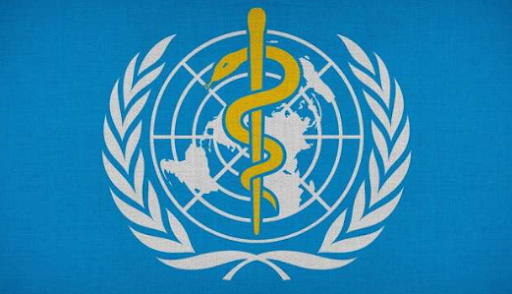
As the world continues to grapple with the far-reaching impacts of the COVID-19 pandemic, nations are facing a critical juncture in the development of a historic agreement aimed at bolstering global pandemic prevention, preparedness, and response efforts. With negotiations underway, the stakes are high, and the need for consensus has never been greater.
After two years of deliberation, countries find themselves at a crossroads, with significant gaps remaining on key issues such as vaccine equity, pathogen surveillance, and financing mechanisms. The planned final round of negotiations, originally slated for completion before Easter, has been extended to April 29 to May 10, underscoring the urgency of reaching a consensus.
Co-chairing the negotiations, Roland Driece emphasizes the importance of dialogue and compromise in overcoming differences. The challenge lies in moving beyond entrenched positions and finding common ground for the greater good. Failure, he asserts, is not an option, given the devastating impact of pandemics on economies, societies, and lives worldwide.
Against the backdrop of mounting concerns over another potential pandemic, countries are urged to sharpen their focus and commit to urgent action. The specter of COVID-19 serves as a stark reminder of the need for enhanced prevention, preparedness, and response measures to mitigate future threats.
With the Intergovernmental Negotiating Body tasked with drafting a streamlined text by April 18, the emphasis is on identifying areas of convergence and building upon shared priorities. However, concerns linger among some NGOs that a minimalist approach may fall short in addressing critical issues such as equity and technology transfer.
Amid calls for a comprehensive and equitable treaty, the negotiations navigate a delicate balance between competing interests and priorities. Developing countries, represented by groups like the African group and the Group for Equity, advocate for fair access to pathogen samples and the equitable sharing of benefits, including access to lifesaving vaccines and technologies.
As the discussions unfold, it is essential to uphold the principles of solidarity and cooperation, recognizing that the health and well-being of all nations are interconnected. Any agreement must transcend political rhetoric and translate into concrete actions that safeguard global health security.
As the world faces its last chance to solidify a pandemic accord, the path forward requires unwavering commitment, creativity, and collaboration. The negotiations represent an opportunity to chart a course towards a more resilient and equitable future, where pandemics are met with swift and coordinated responses.
In the words of Colombia's negotiator, "We will not give up because it would be giving up on all those people who have suffered." It is this spirit of determination and solidarity that will guide us as we navigate the challenges and uncertainties of the road ahead.
Publish Time: 13:15
Publish Date: 2024-04-04